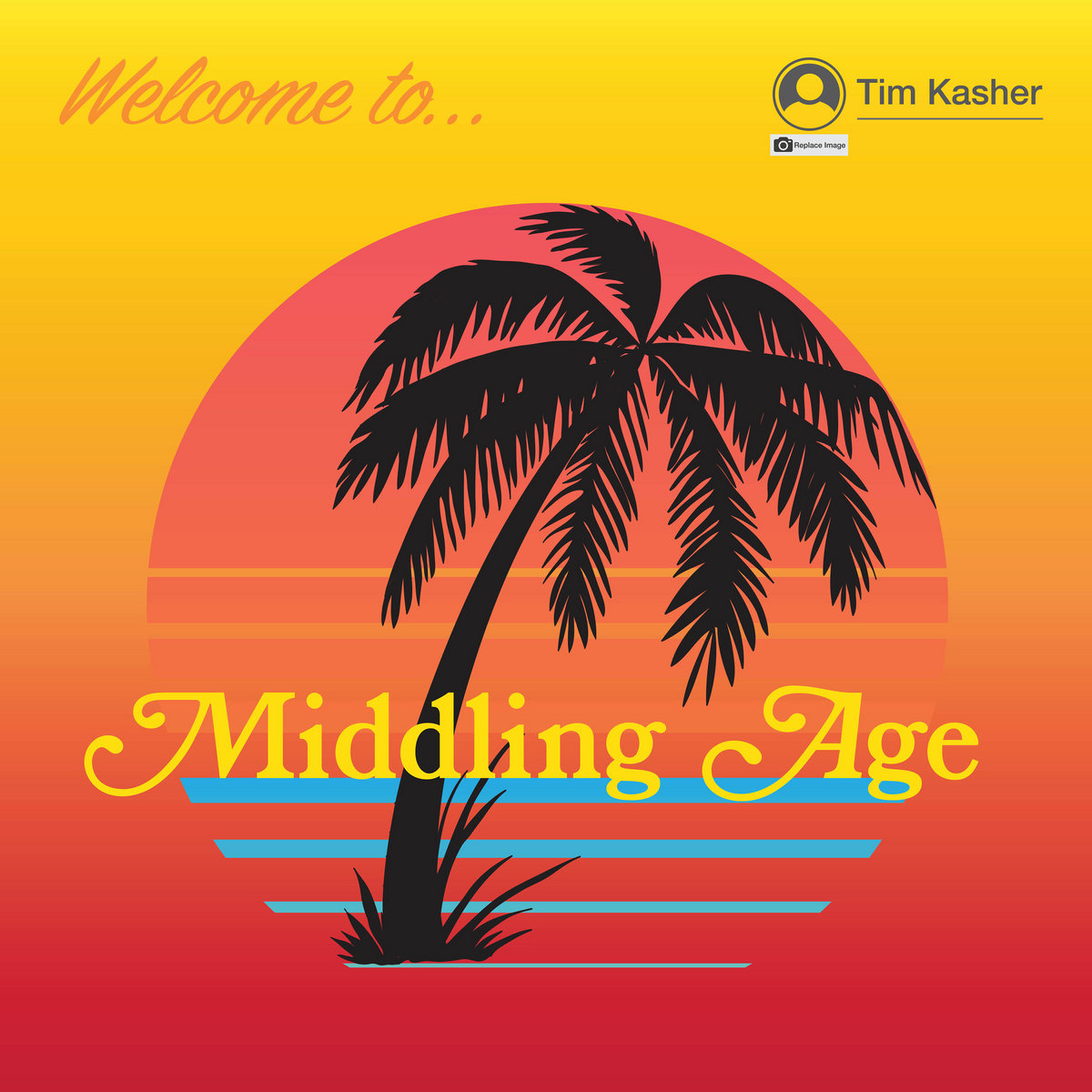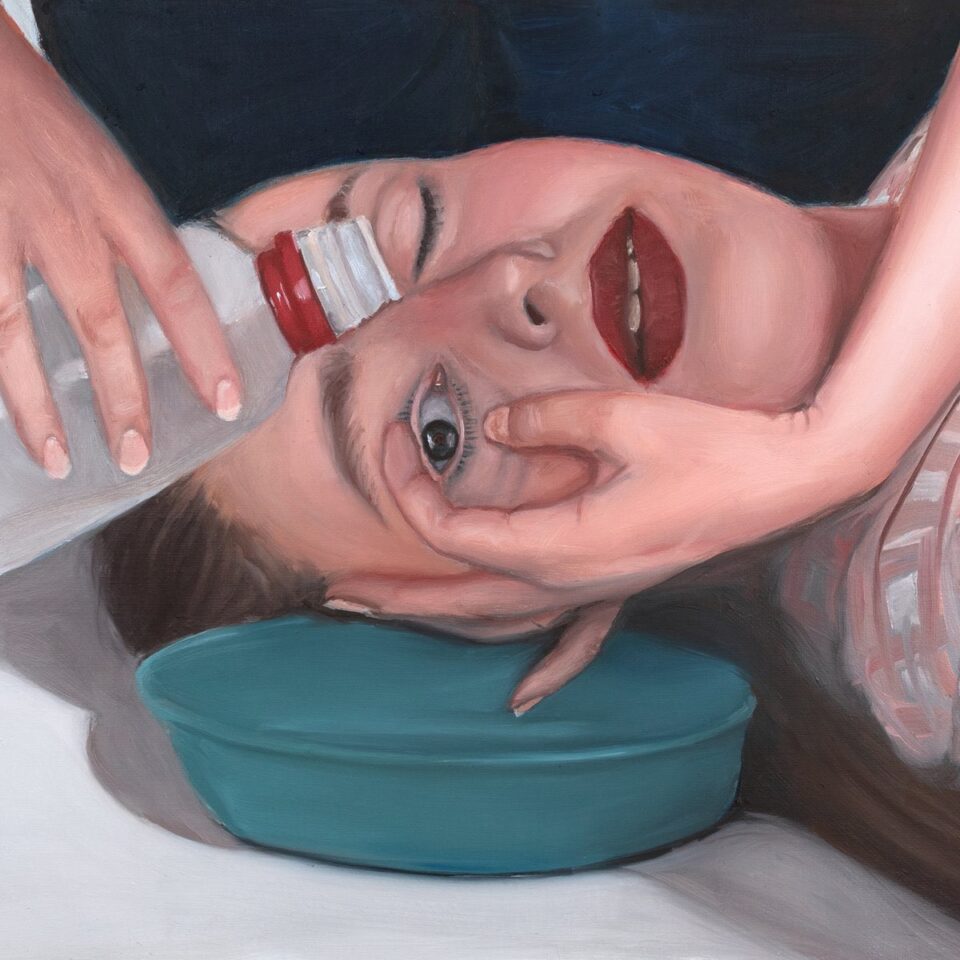Tim Kasher
Middling Age
15 PASSENGER
Tim Kasher has always worn his heart on his sleeve. Whether with Cursive, The Good Life, or on his solo records, for almost 30 years he’s been pouring his heart into pouring his heart out, blurring the line between confessional and character-based songwriting. The trick is to make it all seem believable, so that the listener can then inhabit the memories and narratives of people that seem real, but might actually not be. Not entirely, anyway.
That’s something Kasher’s pretty much perfected over the years. Listen to Cursive’s The Ugly Organ or Vitriola, or The Good Life’s Album of the Year or Help Wanted Nights, or Kasher’s No Resolution. He exists within all of their songs, yet he isn’t always in them. In the same way that Springsteen can tell the harrowing truth of humanity in songs such as “Atlantic City” or “The River,” so Kasher can too. And while in the past he perhaps did live up to the Fante-esque tortured, heartbroken, alcoholic artist stereotype that’s inhabited so many of his songs, these days that’s not so much the case.
He’s definitely not very present on Middling Age. It’s an album that kind of does what it says on the tin, offering up 11 songs about growing older. It’s not the most enticing, sexy subject matter, but if anyone can make a concept album about it, it’s Kasher. That said, perhaps because of that subject matter, on the whole, the urgency and intention and raw, ragged truth—such as it is—that usually defines Kasher’s work is often lost within Middling Age’s arrangements. While it would be easy to attribute that to (middling) age (Kasher is now 47) that’s definitely not the case. After all, the aforementioned Vitriola is one of Cursive’s best records, and that was only released four years ago. Still, there are some poignant, powerful moments here. Proper opener “I Don’t Think About You” and “What Are We Doing” start things off very well, in fact, while “100 Ways to Paint a Bowl of Limes” is a moving portrait of aimlessness.
That said, while Kasher has never been one to write musically conventional songs, both “The John Jouberts” and “On My Knees” seem to be made deliberately difficult to listen to, and they are—despite the latter’s brilliant lyrical quip about finding Jesus “to be a terrifying presence in my life.” The gentle, lilting “You Don’t Gotta Beat Yourself Up About It” captures the essence of this album—and the existential, have-I-wasted-my-life? anxiety and uncertainty at its heart—beautifully, as does closer “Forever of the Living Dead.” The latter features Against Me!’s Laura Jane Grace on a verse and a smooth-jazz saxophone solo played by Jeff Rosenstock, and certainly finishes this record on a high note as its slow crescendo reaches for some kind of oblivion. So, while not Kasher’s best effort, it still shows off his capabilities and ambitions as one of his generation’s most incisive songwriters.







